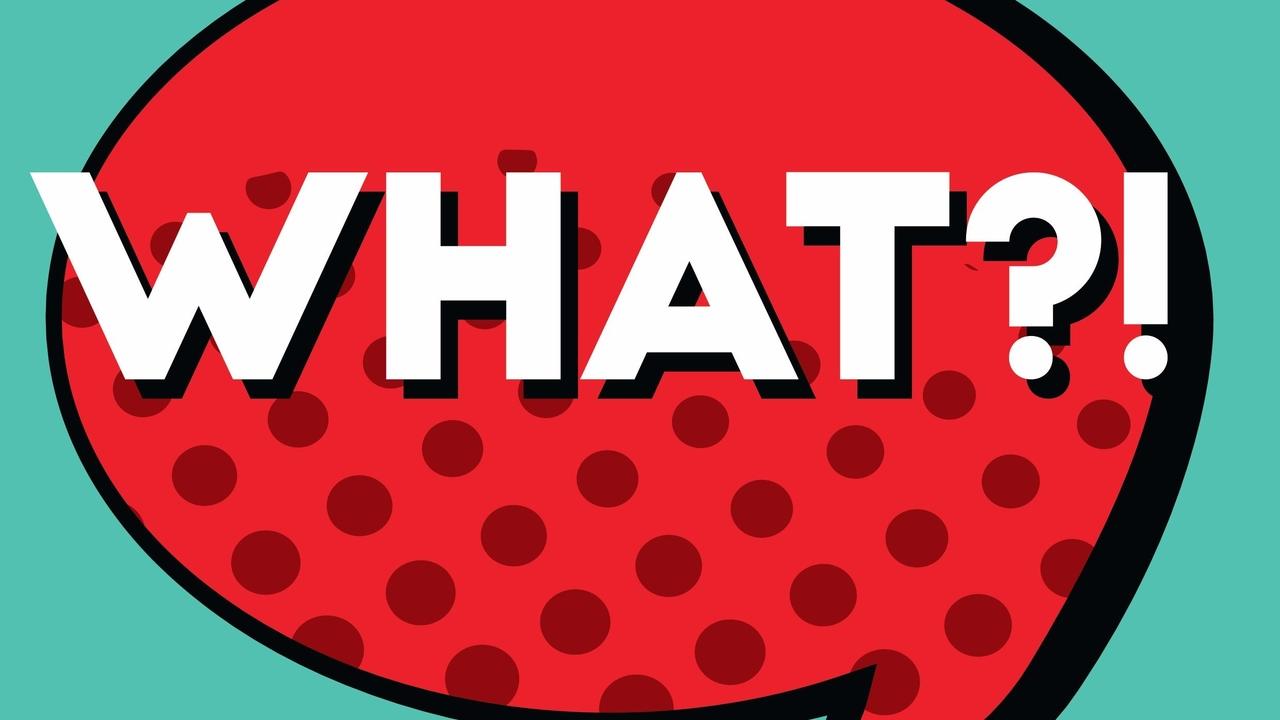The Seven Dumbest Things People Are Told About Estate Planning - Part One
Feb 15, 2017
Part One
In our family estate planning & elder law office, we often find that people have misconceptions about estate planning that they get though the internet, their friends, and even other professionals. There are various problems with the Part 1 topics below, but the most fundamental one is that believing any one of them may lead to bad decision-making.
 1. Estate planning is about planning for your death.
1. Estate planning is about planning for your death.
Most people think that estate planning is all about “what happens if I die” (you will!). That being said, when done properly, estate planning is about much more than simple death planning. It is also about ensuring that any shift in control, whether due to disability during life or death, is done in the simplest and easiest way possible; about providing loved ones with peace of mind and relieving them from burdensome decisions that you should make on your own; and, in the best case scenario, about ensuring that assets don’t get depleted by the need for long term care and/or nursing home costs.
2. If you have beneficiary designations for your assets, you’re all set.
Just about every day, I hear some version of the following sentence: “My (insert your person of choice here: sister-in-law, neighbor, financial advisor, banker, cousin-who-has-a-son-that’s-an-attorney) told me that if I have beneficiary designations on my assets (investments, bank accounts, retirement) that I won’t have to go through probate and I’ll be all set.”
While this may be true about probate, it certainly doesn’t tell the whole story. Very often, the goals clients have cannot be accomplished by doing simple beneficiary designations. Additionally, if there is a need for a loved one to access the accounts to pay bills or manage funds, a beneficiary designation on its own will not allow for this.
3. You should put your kids on your bank accounts or your home so that they can manage your money if they need to, or to avoid probate.
Sometimes, to deal with the issues discussed in #2, people will choose to have their children or other persons on their accounts or their home. This may be a bad idea for several reasons. Having joint ownership of certain assets (regardless of whose money it really is) can result in unexpected tax consequences, liability issues, and loss of important benefits for long-term care. For example, if your child gets sued, whether or not they are at fault, it is possible that your bank account can be attached to the lawsuit or judgment. There are options that can accomplish the same things without the risks.
Click here and join us for Part 2 of The Seven Dumbest Things People Are Told About Estate Planning.
Questions? Is it Time to Move Forward? Contact Us Today! (248) 278-1511
The information in this blog is not intended to be, nor should it be, construed as legal advice. It is for informational purposes only. For advice, specific to your situation, consult with a qualified attorney.
